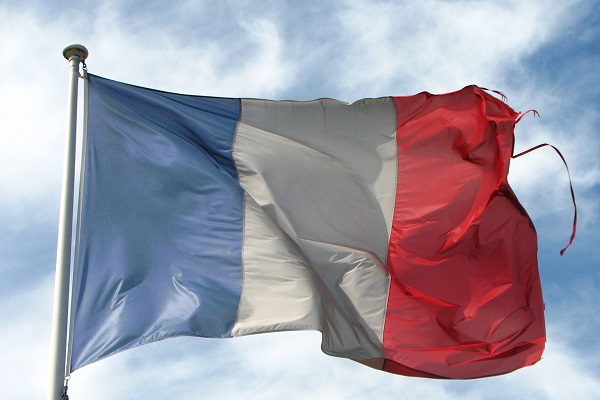 Our defiance in the face of terror is turning to despair
Our defiance in the face of terror is turning to despairEighty-four dead, mown down by a lorry.
The Nice attack seems strange because, rather than a gunman or a group of gunmen (as with Paris and Orlando and Dallas and other American attacks too numerous to mention), or a bomber strapping explosives to himself and making for a crowd (Brussels, Istanbul, Istanbul again), the Nice attack takes an everyday risk – being run over – and magnifies it beyond obscenity.
With the gunman, or the suicide bomber, we can perhaps imagine solutions: we can demand tighter gun control; we can point to lax security measures. We can tell ourselves that lessons can be learned and we won’t be caught so easily next time.
But what possible action can we take to stop someone jumping in a lorry and driving it through a mile of pedestrians, dragging bodies in its wake?
Ban driving? Ban heavy vehicles? Weapons are one thing, but the use of something as everyday as a white lorry to kill dozens of civilians. How does one respond?
One suggestion is that we simply don’t. Sir Simon Jenkins, writing in the Guardian, takes the nothing-to-be-done stance. “What has happened in France is tragic and calls for human sympathy. Beyond that, there is nothing we can usefully do” he suggests.
Sir Simon suggests that “A Nice truck driver does not remotely threaten the security of the French state, any more than such acts do the security of America or Britain,” but this overlooks, or ignores, the state’s primary duty to protect its citizens. A state that cannot do so has failed.
Equally troubling in the “keep calm and carry on” mantra is the risk that such attacks become normalised. It can never be accepted as part of everyday life that young men will strap bombs to themselves to kill civilians, or drive trucks into street parties.
Writing for the New York Times in the wake of June’s Ataturk airport bombing, Ece Temelkuran described her fear of Istanbul’s new normal:
“Meanwhile, the airport was washed clean of the human blood and flesh. By early morning Wednesday, the state media was heralding that the airport was operating already.
Some people, likely supporters of the government, took to social media to boast about this: ‘It took days in Belgium, but we managed to get over it only in hours.’”
“This is how you lose it,” she continues. “This is also how you learn to pretend life can just go on as it was.”
This is how a society is brutalised (as people across the Middle East and its peripheries know too well).
In her upcoming book, Turkey, the Insane And The Melancholy, Temelkuran describes watching footage from the 2015 attack on Kurdish HDP activists in Diyarbakır. She observes with sadness how the crowd does not run at the sound of the explosion – rather, they hit the ground – a sensible move, but also instinctive, an impulse carved into their collective consciousness after years of war.
The French people have now suffered three brutal attacks in 18 months. Must they now just learn to duck and cover? To accept a normality imposed by small men finding perverse glory in slaughter?
President Hollande may say that France will scale up its operations against Islamic State in Iraq and Syria. That may be the correct course of action, but it does not seem to be a plan that will stop the kind of attack we saw in Nice. We don’t appear to have an answer to the horror merchants who revel in murder as an end in itself. The memes and marches have dried up. Our defiance is worn thin. For the first time, it feels like they are winning.